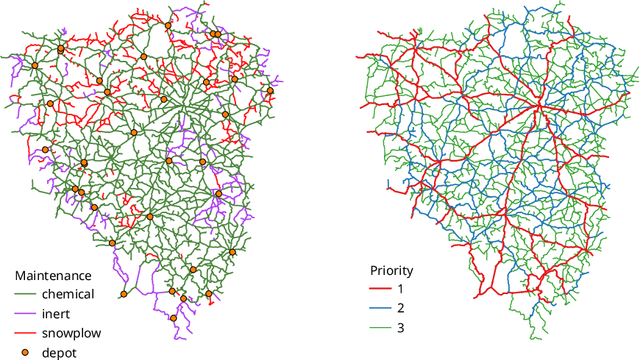Martin Loebl
Promoting Non-Cooperation Through Ordering
Mar 31, 2023



Abstract:In many real world situations, like minor traffic offenses in big cities, a central authority is tasked with periodic administering punishments to a large number of individuals. Common practice is to give each individual a chance to suffer a smaller fine and be guaranteed to avoid the legal process with probable considerably larger punishment. However, thanks to the large number of offenders and a limited capacity of the central authority, the individual risk is typically small and a rational individual will not choose to pay the fine. Here we show that if the central authority processes the offenders in a publicly known order, it properly incentives the offenders to pay the fine. We show analytically and on realistic experiments that our mechanism promotes non-cooperation and incentives individuals to pay. Moreover, the same holds for an arbitrary coalition. We quantify the expected total payment the central authority receives, and show it increases considerably.
A New Arc-Routing Algorithm Applied to Winter Road Maintenance
Jan 23, 2020



Abstract:This paper studies large scale instances of a fairly general arc-routing problem as well as incorporate practical constraints in particular coming from the scheduling problem of the winter road maintenance (e.g. different priorities for and methods of road maintenance). We develop a new algorithm based on a bin-packing heuristic which is well-scalable and able to solve road networks on thousands of crossroads and road segments in few minutes. Since it is impossible to find an optimal solution for such a large instances to compare it with a result of our algorithm, we also develop techniques to compute lower bounds which are based on Integer Linear Programming and Lazy Constraints.
 Add to Chrome
Add to Chrome Add to Firefox
Add to Firefox Add to Edge
Add to Edge